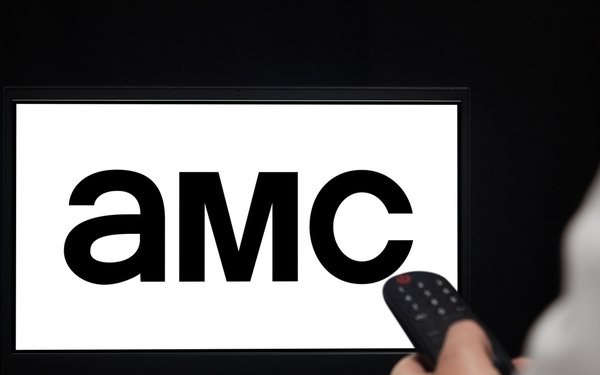
Tough challenges continue for small to mid-sized cable TV
network-centric companies.
AMC Networks reported that fourth-quarter
revenue was down 12% to $599 million, with advertising revenues also down, as well as distribution fees.
All this is equivalent to a TV rerun. How often can we continue to hear this
story?
On the flip side, AMC says streaming has a better outlook -- with revenue up 8% to $156 million, with streaming subscribers rising to 12.4 million for all its platforms -- AMC+, Acorn
TV, Shudder, Sundance Now, ALLBLK and HIDIVE. This is up from 11.4 million subscribers a year ago.
But that 12.4 million mark is nowhere near the 60 to 70 million subscriber total of its cable
networks. The growth is coming way too slowly.
advertisement
advertisement
And it's not just AMC Networks. Consider where A&E Networks and Hallmark Networks are these days. All are trying to play catch up. Now, even
the bigger guys -- while they are now eking out small profits from streaming -- are nowhere near replacing all the respective linear TV businesses.
To make matters worse, AMC also had to agree
to a $268.7 million goodwill impairment charge on its domestic operations reporting unit, due to “continued softness in the domestic linear marketplace.’’
The only hope is
for these groups to merge with the bigger ones. But even then, what are the incentives now for those companies to add more cable TV networks -- especially when companies like Comcast and
perhaps WBD and Paramount will move into spinning off, perhaps even closing down these networks?
The best decision to sell these networks was probably around 2019, when 21st Century Fox made
the prudent decision to off their cable networks -- and studio operations -- to Disney.
Short of closing operations, we need to carefully consider what is of value going forward -- production
operations, library content, brand association, viewer/user data?
Perhaps those big digital-first media companies with all the wherewithal -- Google, Amazon, Apple -- might find something to
use in future years as they try to scoop up any legacy TV business that has some value.
That seems to be a tough question to answer.